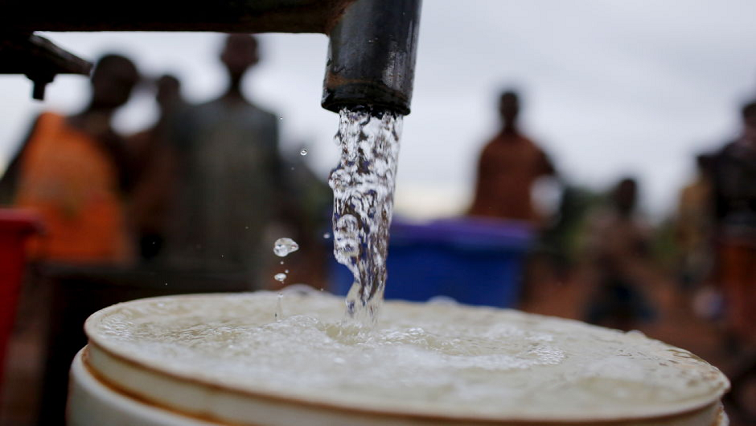The Department of Water and Sanitation says it will defend in court its decision to use Cuban engineers to try and fix some of the water problems in the country.
The department says Cuban engineers have experience working with water problems.
Trade union Solidarity has filed an urgent application, asking the High Court in Pretoria for an interdict that would prevent Cuban engineers from working on South Africa’s water infrastructure.
Solidarity says no payments should be made in relation to the agreement between the government and Cuba. It says there are unemployed South African engineers who can do the job just as well.
The department says it plans to spend R65 million on the project.
The department’s spokesperson, Sputnik Ratau, says they will defend the arrangement which is part of an exchange programme.
Ratau says, “This is not in competition to South Africans. This is a means of exchange that we have with the Cuban government just like we have with any other government. We have exchanges with the Dutch, we have exchanges with the Japanese and so on. So this is one of those that we have and in this instance, it is within the water sector.”
Audio: Department of Water and Sanitation says it will defend the decision to use Cuban engineers
Sisulu’s decision to hire Cuban engineers
Human Settlements, Water and Sanitation Minister Lindiwe Sisulu was given less than 24-hours to suspend her department’s Cuban engineers programme, or she may have to justify its rollout in court.
Sisulu hired 24 Cuban engineers to help repair the country’s ailing water infrastructure, at a cost of R65 million.
There’s also a backlash from South Africa’s Engineering Sector.
The deployment of #CubanWaterEngineers must be embraced as part of our proud history of South African and Cuban solidarity and cooperation. pic.twitter.com/lL3MbrrFgV
— Carl Niehaus (@niehaus_carl) April 24, 2021
Sisulu to meet Engineering Council of SA over the registration of Cuban engineers
The Department of Water and Sanitation met with the Engineering Council of South Africa (ECSA) to discuss the registration requirements for 24 Cuban engineers.
According to the Engineering Profession Act, it is not mandatory for an engineer to register in South Africa, but a non-registered person is limited in the scope of engineering work they may perform.
ECSA’s website says international engineers who come to South Africa for employment for a brief period may apply for professional registration with ECSA.
However, these applications must be assessed to determine if they meet the ECSA criteria for registration.
This is especially important for countries that are not signatories to the International Engineering Alliance (IEA).
Cuba is not a signatory of the IEA.






